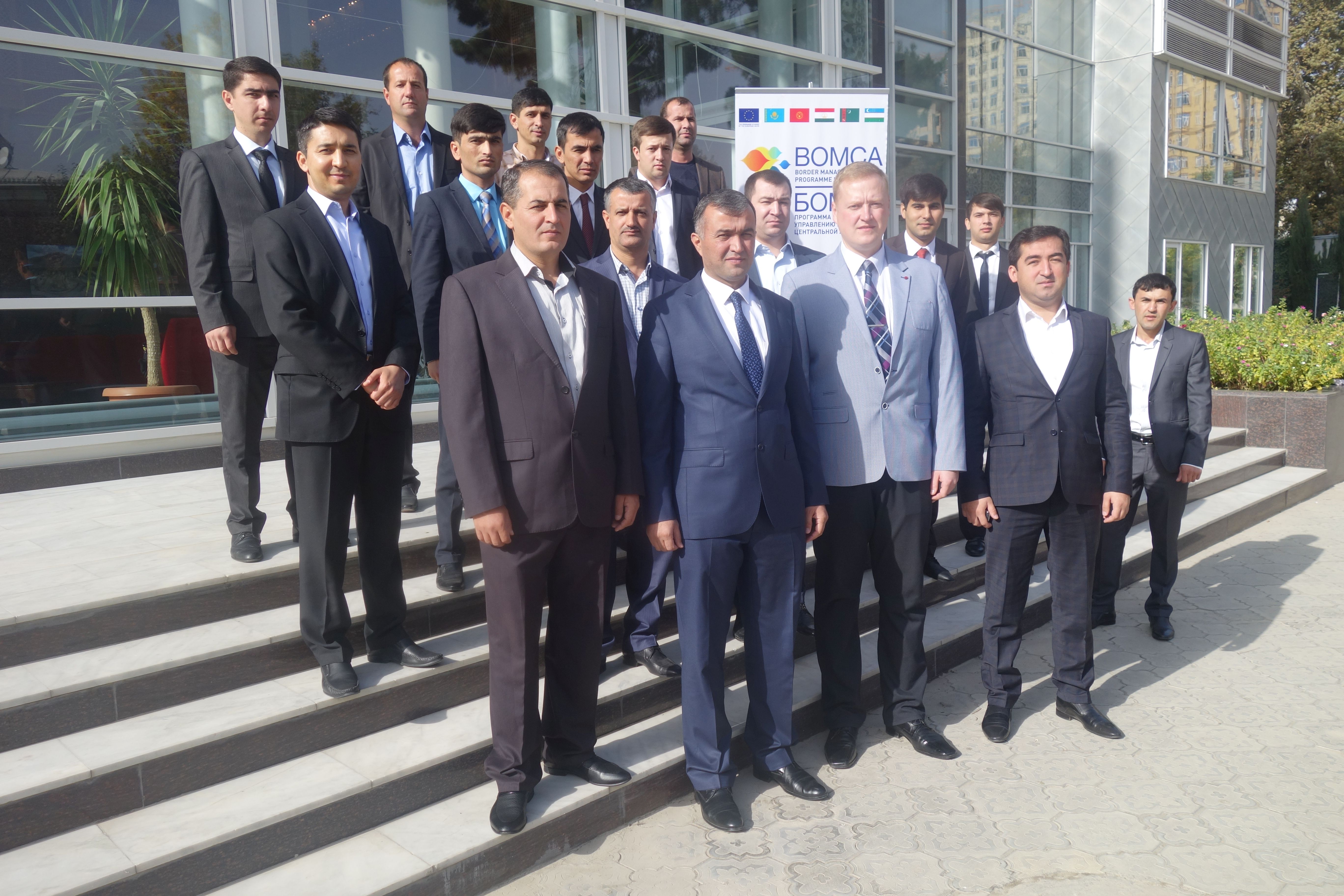On October 18, BOMCA conducted national workshop on identification and profiling techniques for border guards and law enforcement officers of Tajikistan.
This initiative is intended to improve existing legal and procedural instruments to manage both regular and irregular migration and to manage in a better way the current challenges in identification of potentially dangerous persons which may pose a risk to the public order and security. It aims to present EU good practices in the area of identification and profiling of different groups of travellers and to introduce modern mechanisms in recognition of different categories of persons crossing the border.
During the workshops the trainees went through a number of key topics in relation to the operational and criminal profiling and identification of state border perpetrators, possibly wanted persons and other persons whose border crossing is in the focus of law enforcement and national security agencies. Components of identification such as face detection, assessment of danger, non-contact lie detection, analysis of traveller behaviour and countenance, and primary surveillance were learned in detail and practiced. Techniques of luggage and transportation means searches were also evaluated as an important part of the complex profiling. The training process effectively combined theory and practical exercises, and was accompanied by interactive tools and methods such as presentations, practical examples, videos and visualisation slides.
Similar workshops are planned to be conducted in all 5 Central Asian countries and based on their results the EU experts will develop recommendations for aligning existing profiling and identification mechanisms at the national level with the international standards and good practices.

